Ovulation is an essential phase in a woman’s reproductive system in which the ovary releases an egg. However, for many women, ovulation problems can be a substantial hurdle to conceiving. In fact, it is believed that ovulatory problems account for roughly 25% of all female infertility cases. This detailed guide will go through the numerous forms of ovulation problems, their origins, diagnosis, and treatment choices.
Table of Contents
Ovulation: What It Is and Why It Matters
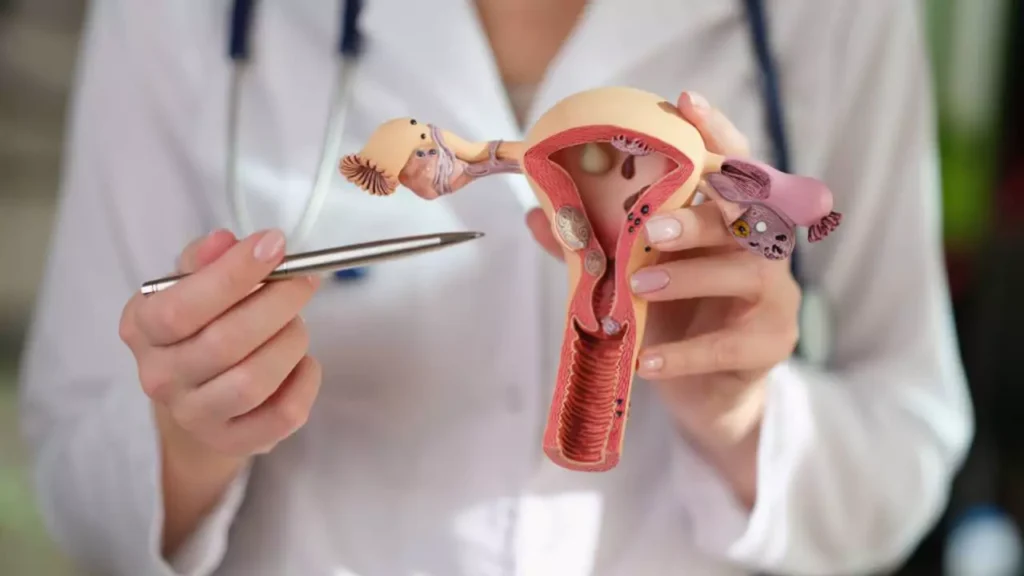
Each menstrual cycle, a woman’s body undergoes a complex process known as ovulation. It entails the ovary releasing a developed egg, which is then ready for fertilization by sperm. Ovulation usually happens around day 14 of a woman’s menstrual cycle, but the exact day can vary.
The ovary releases the egg during ovulation, which is then picked up by the fallopian tube. When sperm enters the reproductive system, it can fertilize the egg, resulting in pregnancy. Ovulation, on the other hand, can have a substantial impact on a woman’s capacity to conceive if it does not occur or is irregular.
Symptoms of Ovulation
Recognizing the signs and symptoms of ovulation might be beneficial for women who are trying to conceive. While not all women suffer symptoms, some typical ones include:
- Pelvic pain or discomfort: During ovulation, some women may suffer modest pelvic pain or discomfort.
- Changes in cervical mucus: During ovulation, the consistency of cervical mucus changes, becoming transparent, slippery, and stretchy.
- Basal body temperature (BBT) changes: Tracking your BBT can assist in detecting a spike in temperature, which indicates ovulation.
- Ovulation predictor kits: These kits detect the increase in luteinizing hormone (LH) that occurs 12 to 24 hours before ovulation.
- Breast tenderness: Some women may experience breast pain or sensitivity around the time of ovulation.
The Impact of Ovulation Problems on Female Fertility
Ovulation problems can have a big impact on a woman’s fertility. The odds of spontaneously conceiving are considerably lowered without regular ovulation. The particular impact will be determined by the nature of the ovulation problem. To select the best treatment options, it is critical to first understand the various forms of ovulation problems.
What are the different types of ovulation problems?

Anovulation
Anovulation is the absence of ovulation. The ovaries do not release eggs frequently or at all in this situation. Anovulation can be caused by a variety of reasons, including hormonal imbalances, PCOS, hypothalamus dysfunction, premature ovarian failure (POF), and certain medical disorders or drugs.
Irregular Ovulation
When a woman’s menstrual cycles are variable and do not follow a regular pattern, she is said to have irregular ovulation. This can make predicting the fertile window and time of intercourse for optimal conception difficult. Hormonal imbalances, stress, excessive exercise, weight fluctuations, and certain medical disorders can all cause irregular ovulation.
Polycystic Ovary Syndrome (PCOS)
Among women of reproductive age, polycystic ovarian syndrome (PCOS) is a typical hormonal condition. The enlarged ovaries and numerous tiny cysts that are present are its defining features. Ovulation may be absent or irregular as a result of PCOS, which disturbs the usual hormonal balance. Aside from irregular menstrual cycles, PCOS can also cause weight gain, acne, and excessive hair growth.
Hypothalamic Dysfunction
When the hypothalamus, a part of the brain that governs hormone production, fails to notify the pituitary gland to release follicle-stimulating hormone (FSH) and luteinizing hormone (LH), this is referred to as hypothalamic dysfunction. Ovulation cannot occur without the presence of these hormones. Stress, excessive activity, low body weight, and certain medical problems can all lead to hypothalamic dysfunction.
Premature Ovarian Failure (POF)
POF, also known as primary ovarian insufficiency, is a condition in which the ovaries cease to function before the age of 40. It is distinguished by a deterioration in ovarian function, which results in irregular or absent ovulation and decreased egg quantity and quality. Genetic factors, autoimmune illnesses, chemotherapy, radiation therapy, and certain infections can all contribute to POF.
Hyperprolactinemia
Hyperprolactinemia is characterized by elevated levels of prolactin, a hormone that regulates milk production in breastfeeding women. Prolactin levels that are too high restrict the release of FSH and LH, causing ovulation problems. Pituitary tumors, certain medicines, and hypothyroidism can all induce hyperprolactinemia.
Thyroid Disorders
Thyroid problems, such as hypothyroidism and hyperthyroidism, can interfere with the body’s normal hormonal balance, impacting ovulation. Hypothyroidism, or an underactive thyroid, can cause irregular or missing ovulation. Hyperthyroidism, characterized by an overactive thyroid, on the other hand, can result in an increased frequency of ovulation.
Ovarian Cysts
Ovarian cysts are fluid-filled sacs that form on the ovaries or within them. While the majority of cysts are innocuous and dissolve on their own, big or chronic cysts can disrupt ovulation. Functional cysts, endometriomas, and polycystic ovaries are all common kinds of ovarian cysts.
Structural Abnormalities
Ovulation and fertility can be hampered by structural abnormalities in the reproductive organs, such as uterine fibroids, polyps, or adhesions. These disorders can interfere with the proper functioning of the ovaries, fallopian tubes, or uterus, making successful conception impossible.
Luteal Phase Defect
The luteal phase is the second half of the menstrual cycle, which begins after ovulation and ends with the beginning of the following menstrual period. The uterine lining does not form properly in a luteal phase defect, making it difficult for a fertilized egg to implant and establish a pregnancy. Hormonal imbalances or anatomical abnormalities can also cause luteal phase problems.
Diagnosing Ovulation Problems
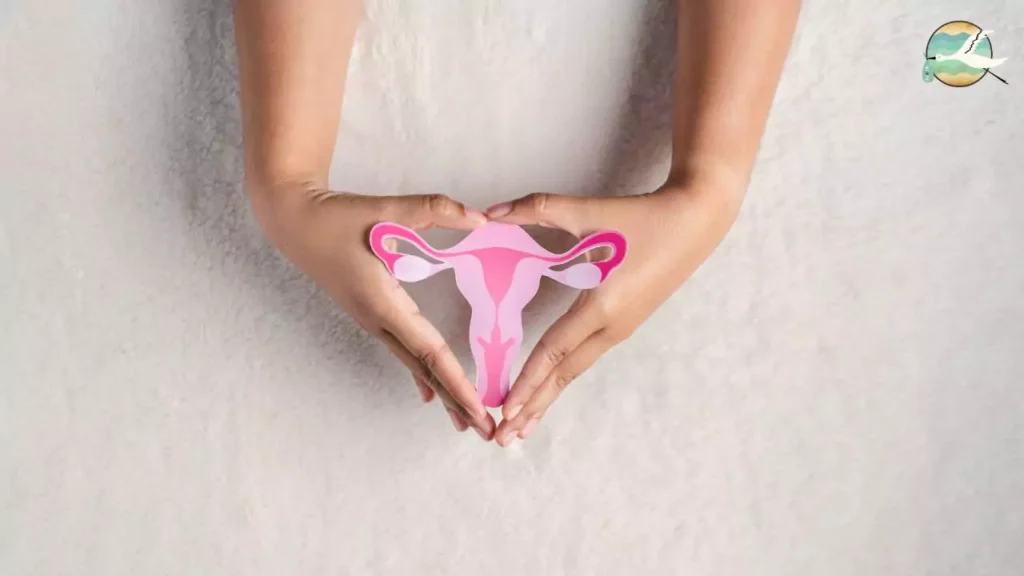
If you are having trouble conceiving or feel you have ovulation problems, you should see a fertility doctor. Ovulation disorders are diagnosed through a thorough examination of your menstrual history, hormone levels, and imaging techniques.
Menstrual History Evaluation
Your doctor will start by looking at your menstrual cycle history. They will ask you specific questions regarding your menstrual cycle, any variations in flow, and the presence of any accompanying symptoms. This will aid in the identification of any patterns or abnormalities that may indicate ovulation problems.
Hormone Level Testing
Hormone testing is critical in determining ovulation problems. Hormones such as follicle-stimulating hormone (FSH), luteinizing hormone (LH), estradiol, progesterone, thyroid-stimulating hormone (TSH), and prolactin can be measured in blood testing. Abnormal hormone levels can reveal the underlying reason for ovulation issues.
Imaging Techniques
Transvaginal ultrasonography, for example, can help see the ovaries and detect structural abnormalities or cysts. This non-invasive treatment allows the doctor to check the size, shape, and condition of the ovaries, as well as the presence of any cysts or other abnormalities.
Ovulation Predictor Kits
Ovulation predictor kits (OPKs) are available over the counter and can aid in the detection of the luteinizing hormone (LH) surge that occurs prior to ovulation. By testing your pee on a daily basis, you can detect the LH spike and forecast when ovulation will occur.
Basal Body Temperature Charting
Basal body temperature (BBT) charting entails keeping note of your body’s resting temperature during your menstrual cycle. You can identify the little spike in temperature that occurs after ovulation by measuring your temperature every day and putting it on a chart.
Treatment Options for Ovulation Problems
Treatment choices for ovulation problems are determined by the underlying cause and the individual’s unique circumstances. The treatment’s purpose is to stimulate regular ovulation and enhance the chances of successful conception. Among the therapy options offered are:
Lifestyle Modifications
Making lifestyle changes can help regulate ovulation in some circumstances. Maintaining a healthy weight, controlling stress, getting regular exercise, and eating a balanced diet may all be part of this. Changes in lifestyle can improve hormone balance and general reproductive health.
Medications to Induce Ovulation
In women who have ovulation problems, medications might be taken to induce ovulation. Among the most widely used drugs are:
- Clomiphene citrate: This oral medicine promotes ovulation by stimulating the release of FSH and LH.
- Letrozole: Letrozole, which was originally used to treat breast cancer, has also been shown to promote ovulation in women with ovulatory problems.
- Gonadotropins: These injectable medications contain FSH and LH and are used in more severe cases of ovulation problems.
- Metformin: Metformin is mostly used to treat insulin resistance in women with PCOS, but it can also assist control of ovulation.
Assisted Reproductive Technologies (ART)
When other therapies fail, assisted reproductive technologies (ART) can be used. Among these techniques are:
- Intrauterine insemination (IUI): This method includes injecting washed and concentrated sperm straight into the uterus, enhancing the odds of fertilization.
- In vitro fertilization (IVF): IVF includes removing eggs from the ovaries, fertilizing them with sperm in a laboratory, and putting the resulting embryos back into the uterus.
- Intracytoplasmic sperm injection (ICSI): ICSI is a type of IVF in which a single sperm is directly inserted into an egg to fertilize it.
- Donor eggs or embryos: Donor eggs or embryos can be utilized to achieve pregnancy when egg quality is substantially reduced or there are no eggs.
Surgery for Structural Abnormalities
In some circumstances, surgical intervention may be required to rectify anatomical defects that are inhibiting ovulation or impeding pregnancy. This may entail removing uterine fibroids, polyps, or adhesions, as well as addressing structural problems in the reproductive organs.
Alternative and Complementary Therapies
Some women may look towards alternative and complementary therapies to supplement medical treatments or to improve their overall reproductive health. Acupuncture, herbal supplements, traditional Chinese medicine, stress reduction approaches, and fertility-focused yoga or meditation may be included. While the effectiveness of various therapies varies, they can offer emotional support and stress reduction.
Success Rates of Ovulation Induction
The success rate of ovulation induction therapy is affected by a number of factors, including the underlying reason for the ovulation problem, the woman’s age, and other fertility characteristics. It is critical to discuss success rates with a fertility doctor who can provide customized information depending on your unique scenario.
Emotional and Psychological Impact of Ovulation Problems
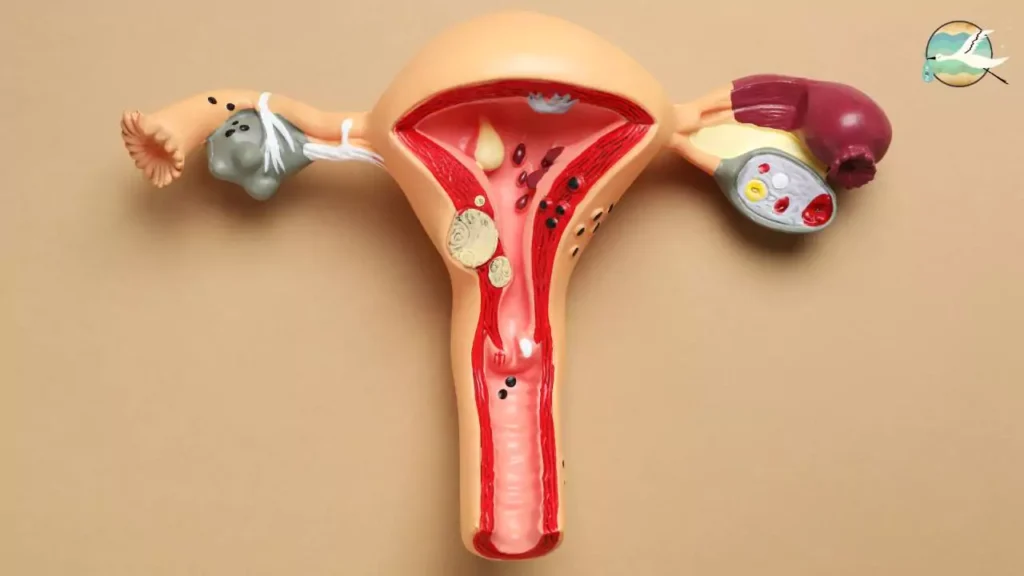
Dealing with infertility and ovulation problems can have a huge emotional and psychological impact on people and couples. The road to parenthood can be difficult, with feelings of anger, despair, and anxiety prevalent. Seeking help from mental health specialists, joining support groups, or confiding in loved ones can all assist in navigating these difficulties.
When to Seek Help for Ovulation Problems
If you have been actively trying to conceive for a year without success (or six months if you are over the age of 35), you should consult a fertility specialist. Furthermore, if you have irregular or nonexistent menstrual cycles, known ovulation problems, or other fertility concerns, you should speak with a medical practitioner as soon as possible.
Conclusion: Ovulation problems
Ovulation problems can have a substantial impact on a woman’s fertility and ability to conceive. Understanding the many forms of ovulation problems, their causes, and treatment choices is critical for those who are having difficulty conceiving. If you feel you have ovulation issues, consulting with a fertility professional can provide vital insights and recommendations on the best course of action. Remember that with the correct help and therapy, many women experiencing ovulation issues can realize their ambition of starting or extending their family.
Disclaimer: This article’s information is meant to serve as general education, not as medical advice. To receive individualized advice and treatment choices for your particular case, please speak with a licensed healthcare expert.

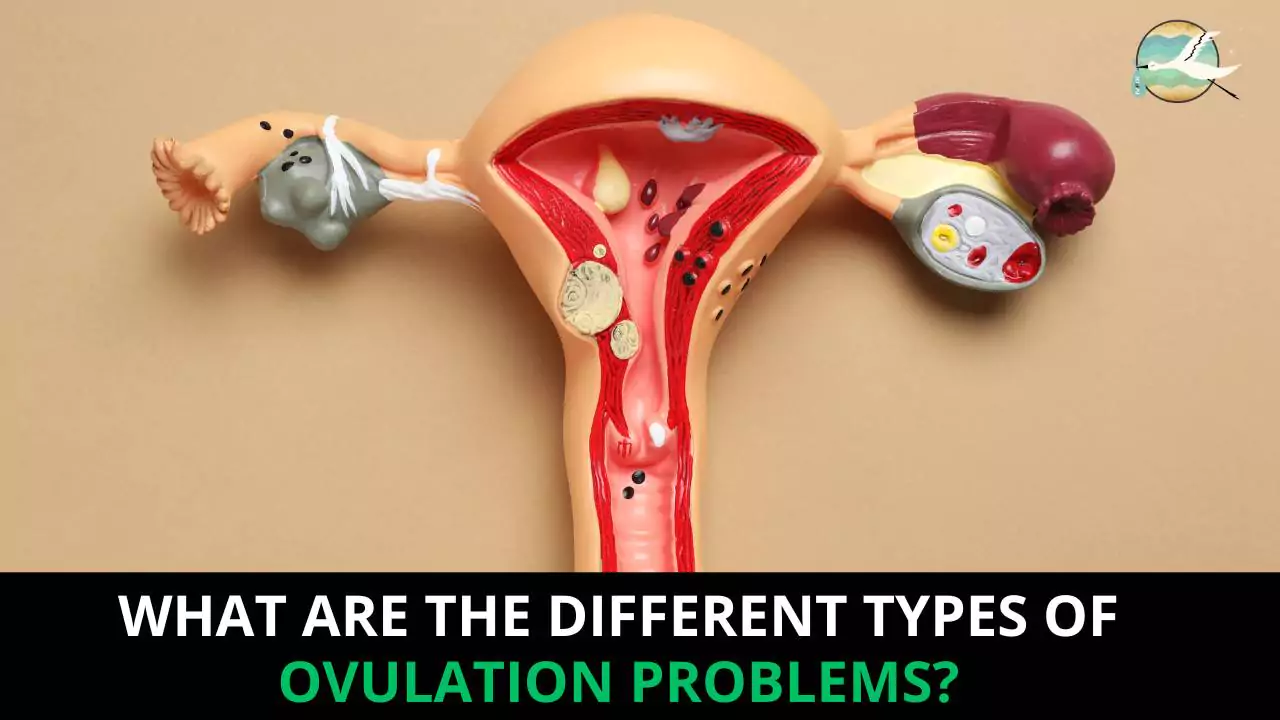
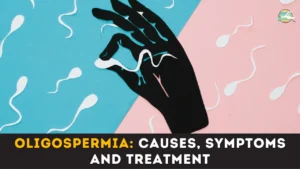


[…] things. Because fertility decreases with age, especially above the age of 35, age is critical. Ovulation, or the release of an egg, takes place around 14 days before the start of the following menstrual […]